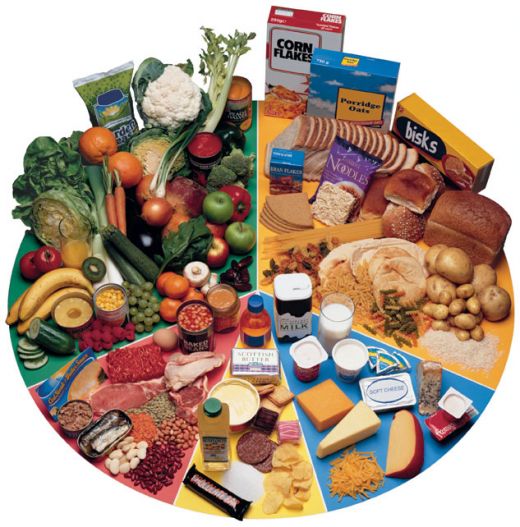A balanced diet is crucial for a healthy body and lifestyle. It is important that your daily diet includes all varieties of foods, including meats, vegetables, fruits and grains, so that you consume all the required nutrients, minerals and vitamins in the recommended quantities. The major part of your required calorie count should come from whole grain sources, which should then be complimented by fruits, vegetables, low-fat dairy products and lean proteins. Apart from energy and proteins, your body also requires vitamins, minerals and fats.
Malnutrition
As per the New York Times Health Guide, malnutrition can be a very serious issue, affecting the functioning of your brain and nervous system and hampering the growth and development of body tissue. If your diet does not contain food items from all major groups, your body will lack several essential nutrients, which will lead to malnutrition.
Weight Gain
Improper eating habits are primarily responsible for weight issues and obesity. If your body lacks certain nutrients, it will send signals to your brain, which are translated by you as cravings. These cravings ultimately lead to binging and overeating, which is a guaranteed to increase your weight. Moreover, unbalanced diets are often dependant on junk food, which is mostly empty on nutrition and filled with excessive fat and calories. Regular consumption of junk food leads to poor sleeping habits and various other health issues apart from weight gain.
Frequent illness
When your body lacks the nutrients essential for proper functioning, all bodily processes are adversely affected, including your immune system. The immune system is essentially your defense against diseases, and if it is down, you are more prone to illness. It is very important for your immune system that you regularly consume the required minerals, vitamins and nutrients which help boost it.
Diabetes
Refined and processed foods are usually full of sugars. These carbs typically burn very fast, flooding your blood with glucose. The body’s natural response to increased levels of glucose is the release of insulin by the pancreas. However, if you abuse this process, the pancreas are exhausted, and consequently become slow in their response to increase in blood sugar. This is what is known as type 2 diabetes, which affects your weight, rate of healing and blood circulation. In order to prevent this, it is important that you balance your diet and don’t abuse your body’s insulin production cycle by taking in more sugar than you require.





No Comment